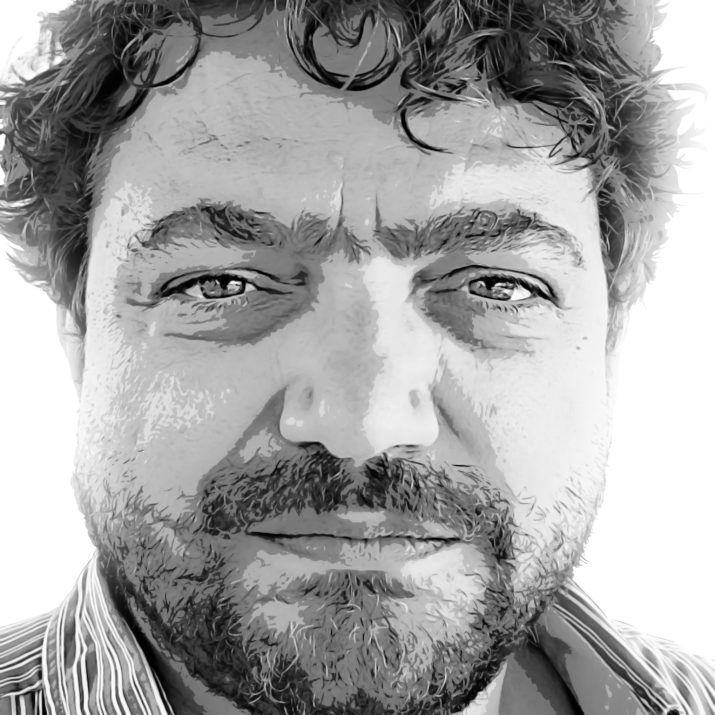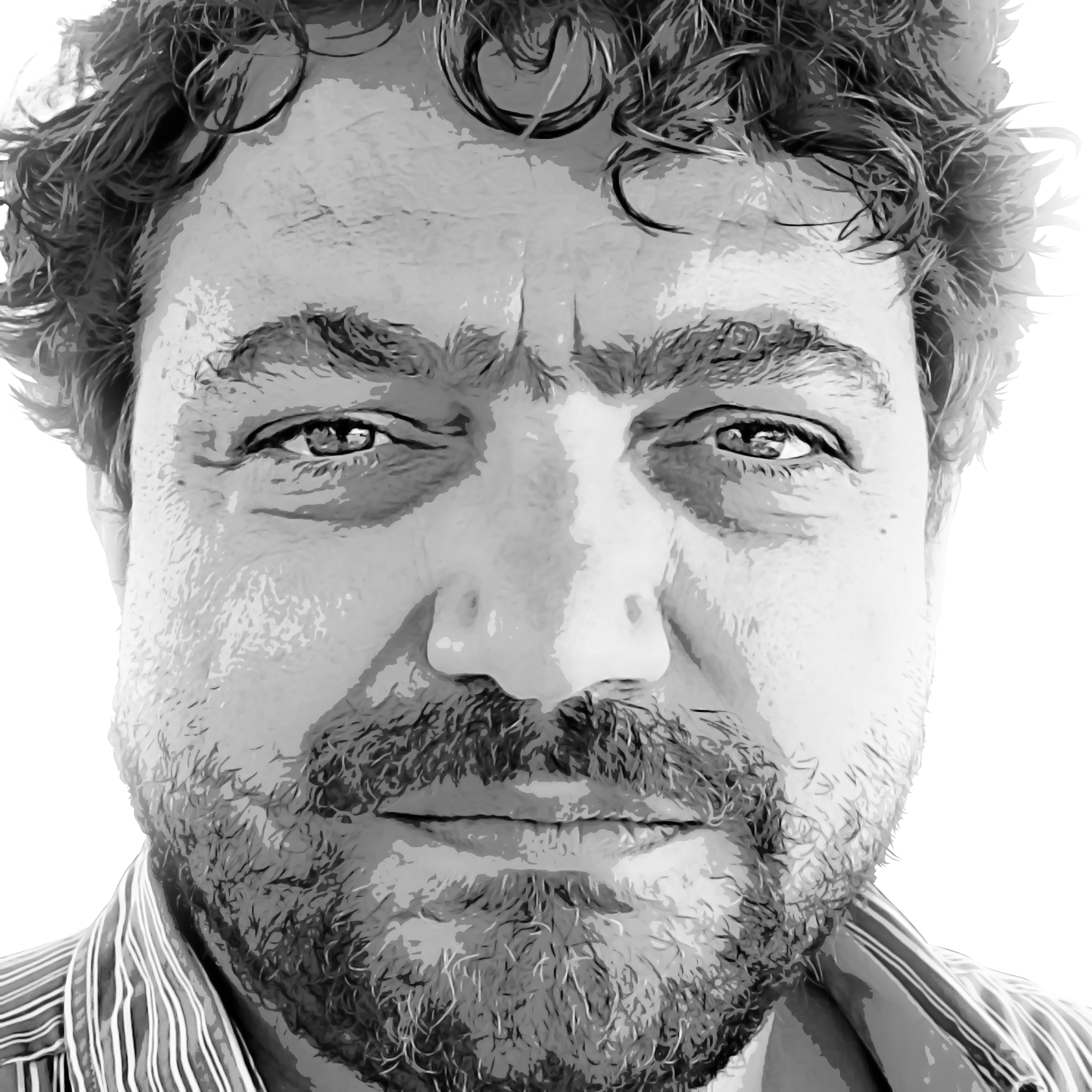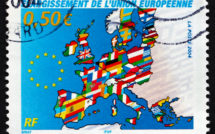

This is part of our campus spotlight on the University of Amsterdam.
As part of this spotlight on the University of Amsterdam, this interview helps to show the ways in which the field of European Studies is evolving, but also demonstrates the importance of thinking outside of one’s discipline and one’s own perspective. Having met Robin de Bruin last summer outside of his office at the University of Amsterdam for a chat, and then continuing our conversation at a café on the banks of the canal near the university, I was engrossed learning about the University of Amsterdam. It’s a pleasure to share some of his insights and to learn more about a truly innovative, vibrant educational program and the book The Unfinished History of European Integration, a co-authored textbook published at the University of Amsterdam Press.
—Louie Dean Valencia-García for EuropeNow
EuropeNow The co-authored The Unfinished History of European Integration was released in English in 2018.[1] Can you tell us a bit about how the book was conceived and how it is different from the 2013 Dutch version of the text?
Robin de Bruin This textbook was originally published in Dutch in 2013. In 2018, translations in both English and German were published. It was and remains a book that offers an alternative reading of European integration, by not downplaying the history of the European Union to the sum of German, French, and British history. Yet, it’s not a Dutch book: we have explicitly tried to avoid a one-sided Dutch perspective or a small member states’ perspective. The manual for working with Dutch archival sources in one of the book chapters, of course, had to be replaced with an internationalized version. We have also added a new chapter about the EU’s financial crisis management, its dealing with the influx of large numbers of refugees in 2015, and the crisis following the Brexit referendum in 2016.
EuropeNow What types of courses do you teach with The Unfinished History of European Integration, and how do you use it in class?
Robin de Bruin Most textbooks on the European Union have been written by and for political scientists and hardly pay attention to the early process of European integration, nor to the forerunners of the European Communities. Textbooks written by historians often leave the most recent developments aside. The Unfinished History of European Integration tries to offer the best of both worlds. It devotes the same number of pages to the first decades as it does to the last decades. My own chapter originated from two of my lectures in our first-year course on European Integration at the University of Amsterdam. It covers the historical context, the institutional development and the policies of the European Communities and the EU, with a strong focus on the theoretical lenses through which these have been analyzed. It was written with this specific course in the back of my mind.
EuropeNow Each chapter is broken into sections that cover “theory,” “historiography,” “The Other Europe,” and “sources.” Can you tell us about why this structure was chosen, and how might students/faculty find this structure helpful?
Robin de Bruin Throughout the chronological narrative of the history of the European Union, seven “strategic dilemmas”―such as intergovernmentalism vs. supranationalism and widening vs. deepening―help to identify continuity and change. A novelty of the textbook is that three sections are added to the historical narrative of the time period of each chapter. The “Theory and Historiography” section introduces paradigms in the development of integration theory in political science, as well as schools of thought in historiography, connected to each time period. In “The Other Europe” section, we offer selected topics concerning political and institutional actors that are often disregarded in the classic narrative of high politics. Finally, the section “From the Sources” attends to all kinds of primary sources and introduces basic skills for using them analytically. These latter sections specifically aim at classroom use.
EuropeNow Why do you consider European Integration as “unfinished history?” Is this optimistic?
Robin de Bruin Our textbook steers clear of classic narratives of EU history as a story progressing towards an ever-closer union. What we tried to express with the title is that leading politicians and other main actors are not, and have never been, clear about the final goal of the European integration process, because they didn’t, and do not, agree on the matter. In the words of Perry Anderson: EC and EU history is the history of a phenomenon “under the sign of the interim:” its origins were very deliberately designed, but the goals at which it aimed were very distant.
EuropeNow Can you tell us a bit about the origins of the latest edited volume you co-edited, Eurocentrism in European History and Memory (2019)?[2]
Robin de Bruin Eurocentrism in European History and Memory started as an idea for a collection of essays in honor of full Professor of Modern European History Michael Wintle, who retired from our European Studies department earlier this year. We have tried to produce a state-of-the-art overview with regard to the debate among scholars of various backgrounds on Eurocentrism, that, for instance, would be useful as a textbook for students in European Studies. Our goal in this volume is to explore and critically analyze manifestations of Eurocentrism in representations of the European past across disciplines—history, literature, art, memory and cultural policy—as well as offer different geographical perspectives.
EuropeNow In what ways do you see this book challenging current discourses around European history? What is the value of making European history less Eurocentric?
Robin de Bruin I recently discussed this question with the students of my MA course on the “History of the idea of Europe.” They advocated a distinction between meaningful geographical frames (a city, a country, the North Sea region, or Europe) and methodological nationalism or Eurocentrism, but they all agreed that a Eurocentric view of European history was problematic because Europe is not isolated and never existed in isolation. It is, and has always been, partly shaped by others. Because European powers became global powers and attempted to dominate many regions in the world, a two-way street needs to consider these aspects. Moreover, by adding more perspectives we learn to value different perspectives. But it’s not just about making history less Eurocentric. We all tend to compare ourselves with others on the basis of our own standards. This applies as much to the Chinese as it does to Europeans. But in its most advanced form, Eurocentrism tried, and still tries, to create a world after its own image.
Related to Eurocentrism is what Michael Wintle has called the “tenacity of European self-esteem.” The horrors of the First World War caused many writers and artists to question the European so-called “civilization,” but it is remarkable how quickly the Eurocentrism of the belle époque and even the sentiments of the “White Man’s Burden” returned. Over the past sixty years or so, the Shoah has become modern Europe’s “foundational past.” The Communist experience of the former Eastern Bloc was added more recently. This exclusive focus on the intra-European memory of the Shoah has resulted in a Eurocentric “colonial aphasia,” to use Ann Laura Stoler’s concept.[3] To give an example: on the one hand, the concept of a “Global Britain” after Brexit refers to a glorious British imperial past and the bright future of the UK as a global trading nation. On the other, the European Union is seen as the opposite of this past and future. This corresponds with the more-or-less official self-image of the EU, which falsely regards European integration as a clean start after decolonization. In both cases, Europe’s colonial violence has been confined into a memory hole, and Europe’s self-esteem seems unaffected. I’m very curious to know if and how the new “geopolitical” European Commission, lead by Ursula von der Leyen, that is obviously very interested in a new engagement with the African continent, will attempt to change this attitude.
EuropeNow How might scholars and those teaching European Studies avoid Eurocentrism in their teaching? How do you see Eurocentrism in European History and Memory and The Unfinished History of European Integration speaking to one another?
Robin de Bruin Of paramount importance would be to encompass diversity in course literature, which is difficult enough. The Unfinished History of European Integration is about polity and governance, Eurocentrism is about an important underlying mentality.
EuropeNow How do you see the future of the field of European Studies? What are your next projects
Robin de Bruin When looking just at EU history, I think that the process of European integration will be treated more and more within a global context, and less as an intra-European phenomenon. Over the last few years, many historians of the European integration process (myself included) have argued that the reformist nature of the European integration process after 1947 could well be combined with conservative traditions of thought, like romantic internationalism, technocratic corporatism, neoliberal constitutionalism and neo-colonialism. Some historians argue that a collective European neo-imperialism played a formative role in shaping an imagined community of Europe in the late 1940s and the 1950s. As a result of this new approach, the question of European colonial solidarity slowly is becoming a focus of research. My project “Othering and appropriating. Colonial exceptionalism and co-imperialism in Europe, 1918-1975” will deliver case studies that will all question to what extent “Europe” can be regarded as a collective European endeavor. As an offspring of this project, I’m currently working on an article about the representation by the Alt-Right-movement of the “Kalergi Plan” for the integration of Europe and its colonies as part of a conspiracy for a “white genocide.”
Robin de Bruin lectures in modern European history at the European Studies Department of the University of Amsterdam. He has published on European integration history and the entanglement of processes of decolonization and European integration for Journal of European Integration History and several other journals. He is co-author of a textbook on European integration history (with Wim van Meurs et al.), The Unfinished History of European Integration (Amsterdam: Amsterdam University Press, 2018). His recent projects include an edited volume (with Marjet Brolsma and Matthijs Lok) entitled Eurocentrism in European History and Memory (Amsterdam: Amsterdam University Press, 2019). He would like to extend special thanks to Johanna von Kietzell and the other students of the MA course “Uniting Europe” (European Studies Department, University of Amsterdam).
Louie Dean Valencia-García is Assistant Professor of Digital History at Texas State University. He has served as a Lecturer on History and Literature at Harvard University. He is the co-chair of the Critical European Studies Research Network and serves the research editorial committee for EuropeNow. He is the author of Antiauthoritarian Youth Culture in Francoist Spain: Clashing with Fascism and the editor of the forthcoming volume Far-Right Revisionism and the End of History: Alt/Histories. Follow the CES Research Network on Twitter @CESCritEuro.
[1] Wim P. van Meurs et al., The Unfinished History of European Integration (Amsterdam: Amsterdam University Press, 2018).
[2] Marjet Brolsma et al., Eurocentrism in European History and Memory (Amsterdam: Amsterdam University Press, 2019).
[3] See “Colonial Aphasia: Disabled Histories and Race in France” in Ann Laura Stoler, Duress: Imperial Durabilities in Our Times (Duke University Press, 2016).
Published on January 16, 2020.




